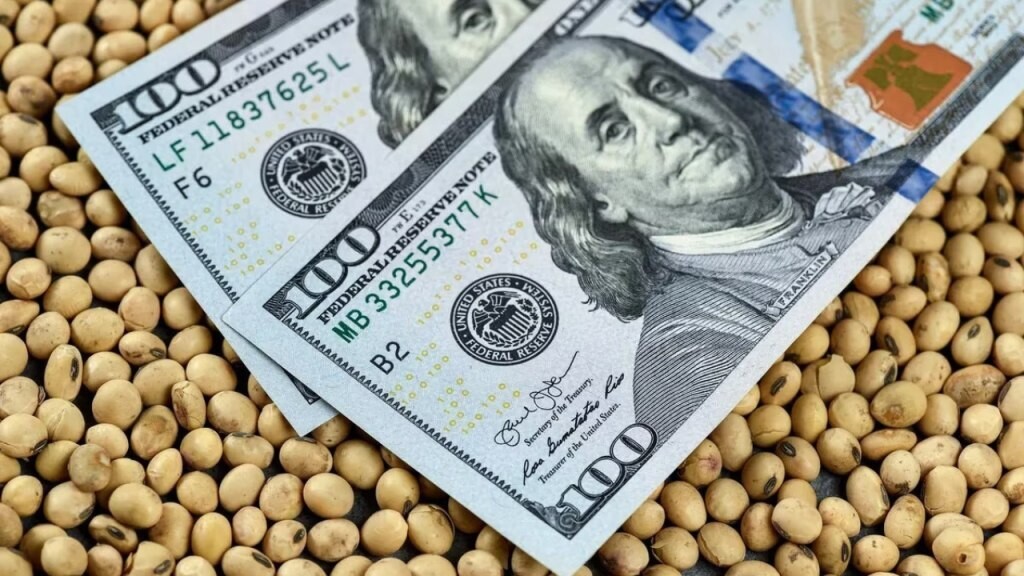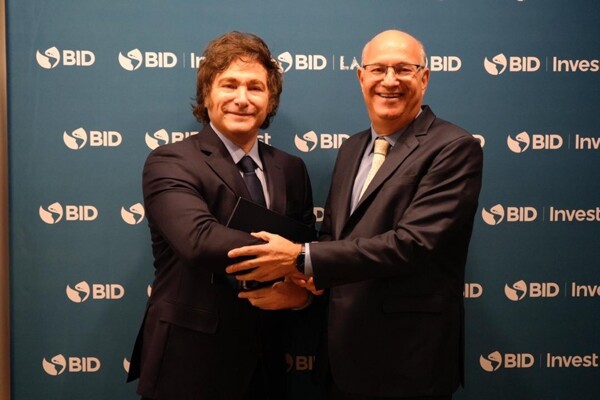
The Government implemented measures that helped restore confidence in the real estate sector, such as the repeal of the Rental Law, the elimination of the Property Transfer Tax (ITI), and the reintroduction of mortgage loans. This has created a conducive environment for innovation in investment methods in real estate in Argentina.
One of the opportunities that has emerged is the grain exchange as a means of payment for the acquisition of properties. This practice, common in agro-exporting economies, is being explored in the real estate sector to provide agricultural producers with the opportunity to diversify their investments.
With this alliance between the real estate and agricultural sectors, the aim is to facilitate access to the real estate market for producers, promoting a sustainable investment model that strengthens their asset diversification. Additionally, it seeks to streamline the investment process without the need to resort to currency intermediaries.
In a context where producers face challenges such as the decline in international prices of key crops, the exchange of grains for residential units represents an attractive alternative to protect the value of their production. This method allows them to convert their harvest into long-term assets, benefiting from the stability and appreciation of the real estate market.
Grupo Nómada has positioned itself as a pioneer in accepting grains as a form of payment for properties in the Autonomous City of Buenos Aires and its metropolitan area. Through the Click Granos platform, producers can finance the purchase of real estate developments using their available or future grains, thus adapting the business to their production flow and obtaining tax benefits.
The grain exchange system for properties provides transparency and fairness in transactions by valuing the grains at the time of the operation. This method, in addition to simplifying the purchase processes, avoids the tax withholding that is usually applied to direct grain sales. This is how the real estate market consolidates as a value protection option for producers, who find in this methodology an effective way to expand and protect their assets.














